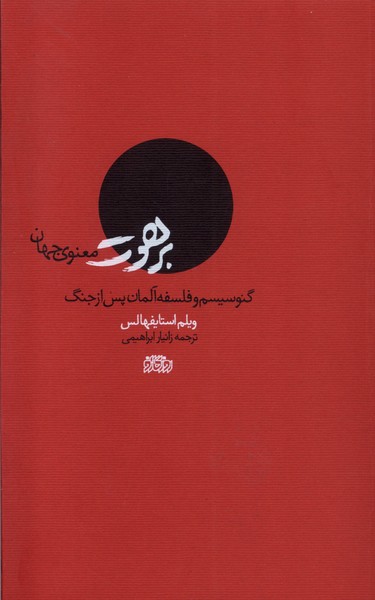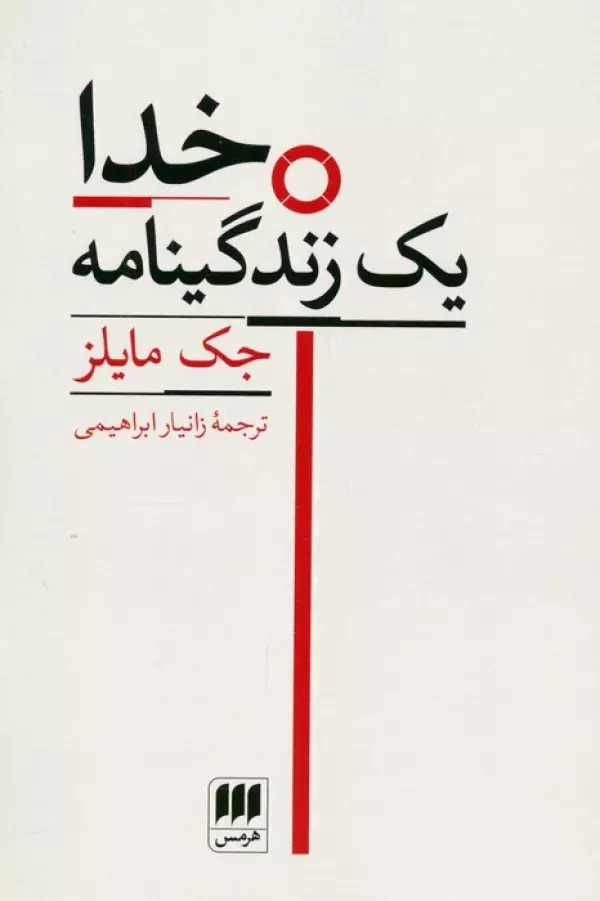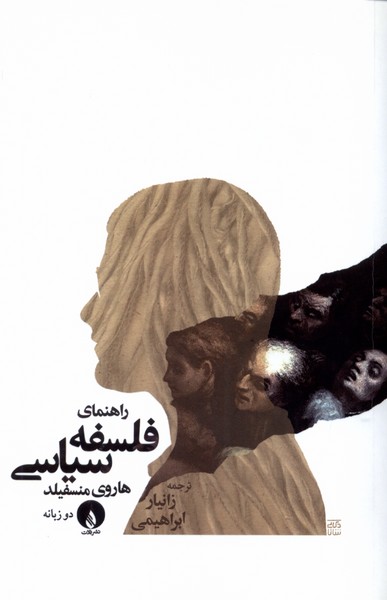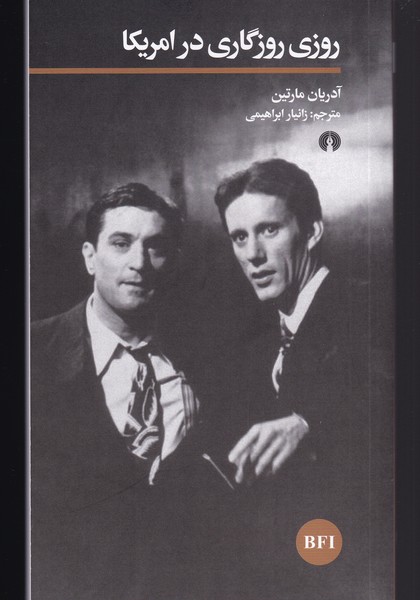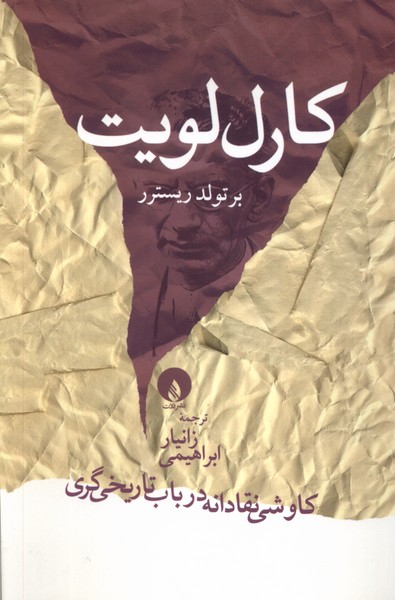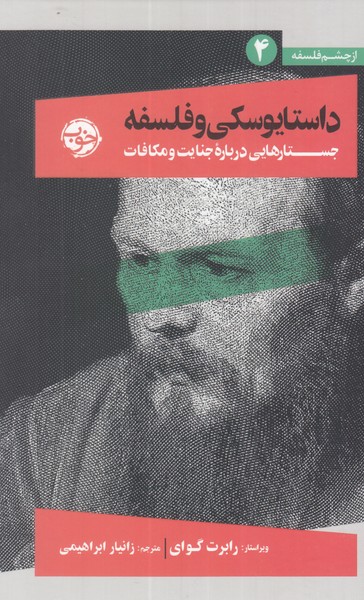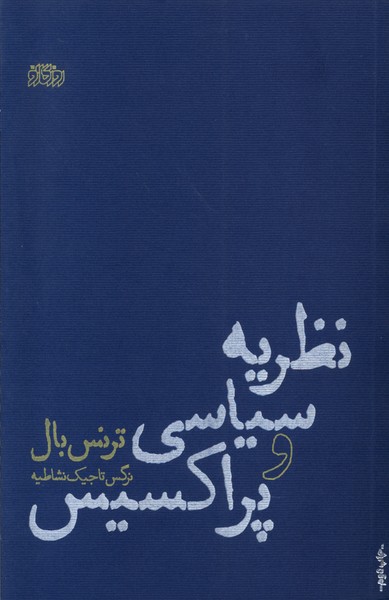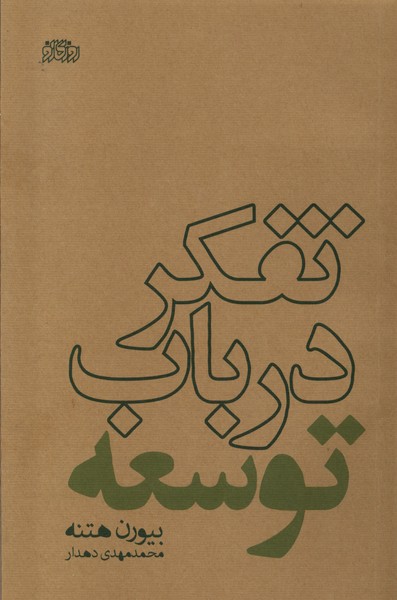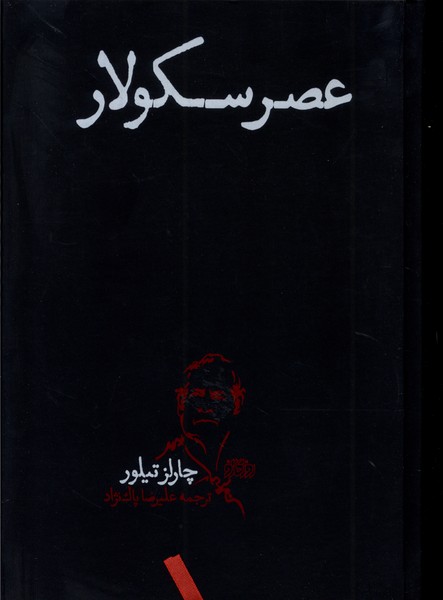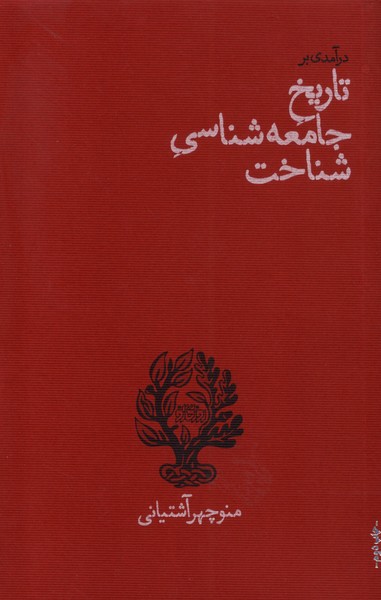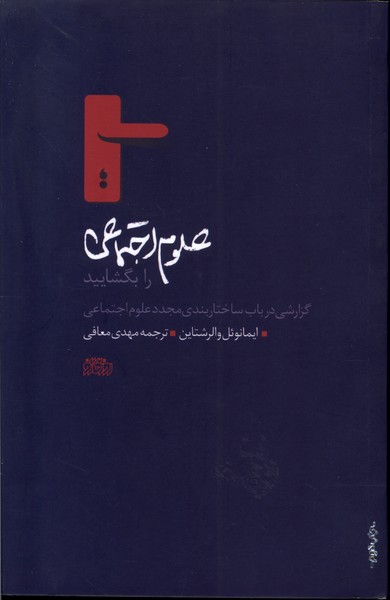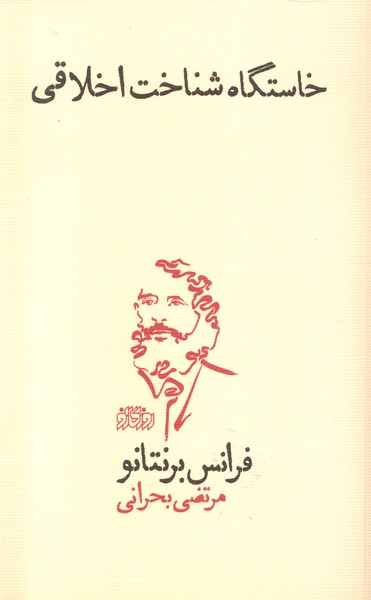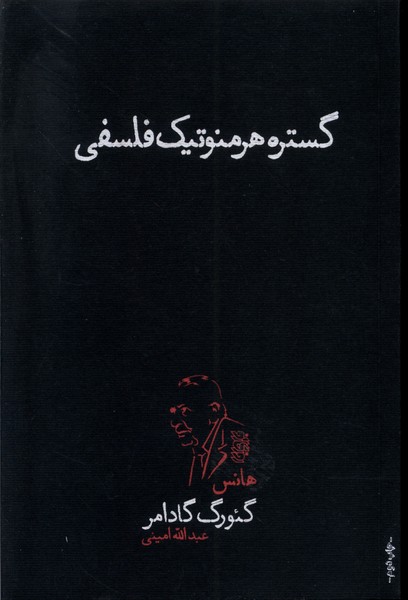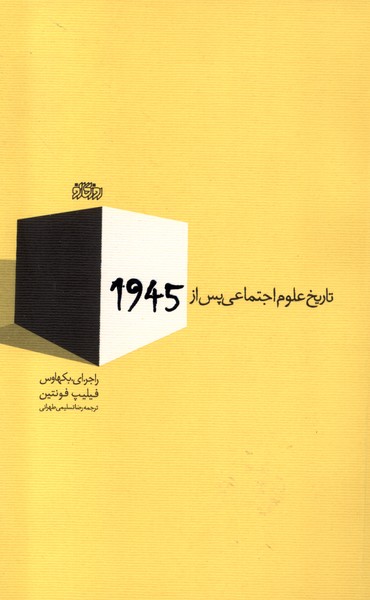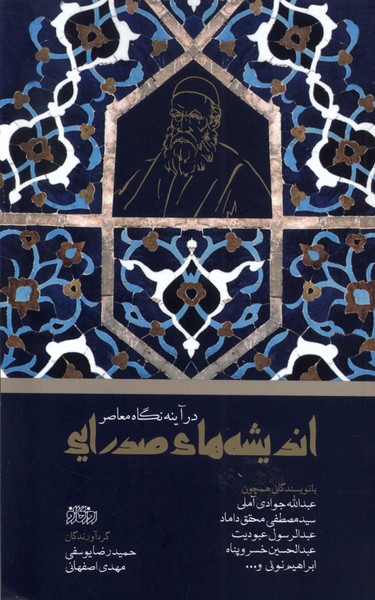Barahūt-i Ma'navī-yi Jahān (Ginusīsm va Falsafah-yi Ālmān Ba'd az Jang): Persiska (Farsi) 1401
برهوت معنوی جهان (گنوسیسم و فلسفه آلمان بعد از جنگ)
18,18 €
Dela
Wishlist
Originaltitel:
No Spiritual Investment in the World: Gnosticism and Postwar German Philosophy
ISBN:
9786226700177
Översättare:
Zānyār Ibrāhīmī
Förlag:
Pigah-i Ruzgar-i Naw
Åldersgrupp:
Vuxen
Sidor:
224
Vikt:
300 g
Produktmått:
14 x 21 x 2
,
2 cm
Bokomslag:
Pocketbok
Throughout the twentieth century, German writers, philosophers, theologians, and historians turned to Gnosticism to make sense of the modern condition. While some saw this ancient Christian heresy as a way to rethink modernity, most German intellectuals questioned Gnosticism's return in a contemporary setting. In No Spiritual Investment in the World, Willem Styfhals explores the Gnostic worldview's enigmatic place in these discourses on modernity, presenting a comprehensive intellectual history of Gnosticism's role in postwar German thought. Establishing the German-Jewish philosopher Jacob Taubes at the nexus of the debate, Styfhals traces how such figures as Hans Blumenberg, Hans Jonas, Eric Voegelin, Odo Marquard, and Gershom Scholem contended with Gnosticism and its tenets on evil and divine absence as metaphorical detours to address issues of cultural crisis, nihilism, and the legitimacy of the modern world. These concerns, he argues, centered on the difficulty of spiritual engagement in a world from which the divine has withdrawn. Reading Gnosticism against the backdrop of postwar German debates about secularization, political theology, and post-secularism, No Spiritual Investment in the World sheds new light on the historical contours of postwar German philosophy.
more
در طول قرن بیستم، نویسندگان، فیلسوفان، الهیدانان و مورخان آلمانی برای درک شرایط مدرن به گنوسیزم روی آوردند. در حالی که برخی این بدعت مسیحی باستانی را راهی برای بازاندیشی مدرنیته میدانستند، اکثر روشنفکران آلمانی بازگشت گنوسیزم را در فضای معاصر زیر سوال بردند. در بدون سرمایه گذاری معنوی در جهان، ویلم استیفالز جایگاه معمایی جهان بینی گنوسی را در این گفتارها درباره مدرنیته بررسی می کند و تاریخ فکری جامعی از نقش گنوسیزم در اندیشه آلمان پس از جنگ ارائه می دهد.
استیفالز با قرار دادن فیلسوف آلمانی-یهودی ژاکوب تاوبس در پیوند مناظره، چگونگی برخورد چهره هایی مانند هانس بلومنبرگ، هانس جوناس، اریک ووگلین، اودو مارکوارد و گرشوم شولم را با گنوسیزم و اصول آن در مورد شرارت و خداشناسی دنبال می کند. برای پرداختن به مسائل بحران فرهنگی، نیهیلیسم و مشروعیت دنیای مدرن. او استدلال می کند که این نگرانی ها بر دشواری درگیری معنوی در جهانی است که خداوند از آن کناره گیری کرده است. با خواندن گنوسیزم در پس زمینه بحث های آلمان پس از جنگ درباره سکولاریزاسیون، الهیات سیاسی و پساسکولاریسم، بدون سرمایه گذاری معنوی در جهان، نور جدیدی بر خطوط تاریخی فلسفه آلمان پس از جنگ می اندازد.
more

